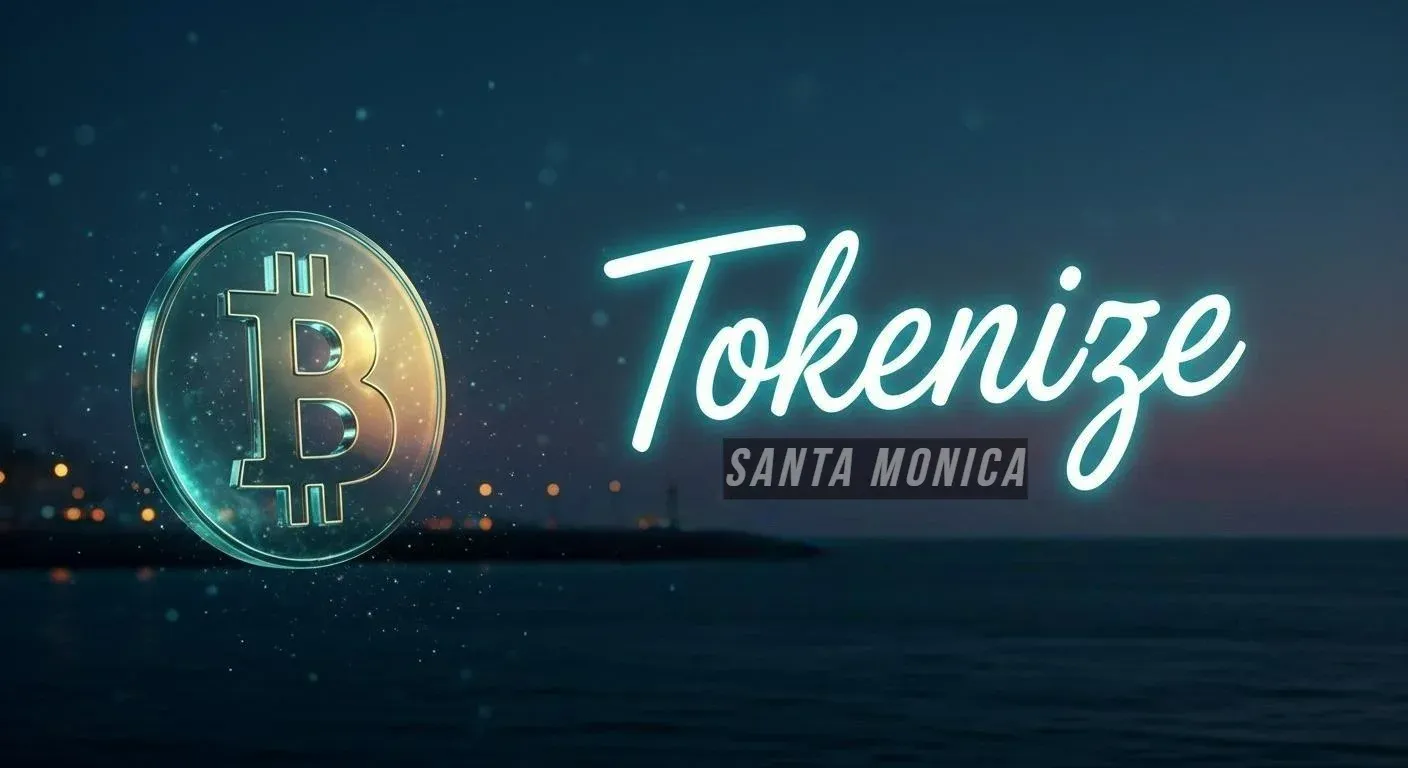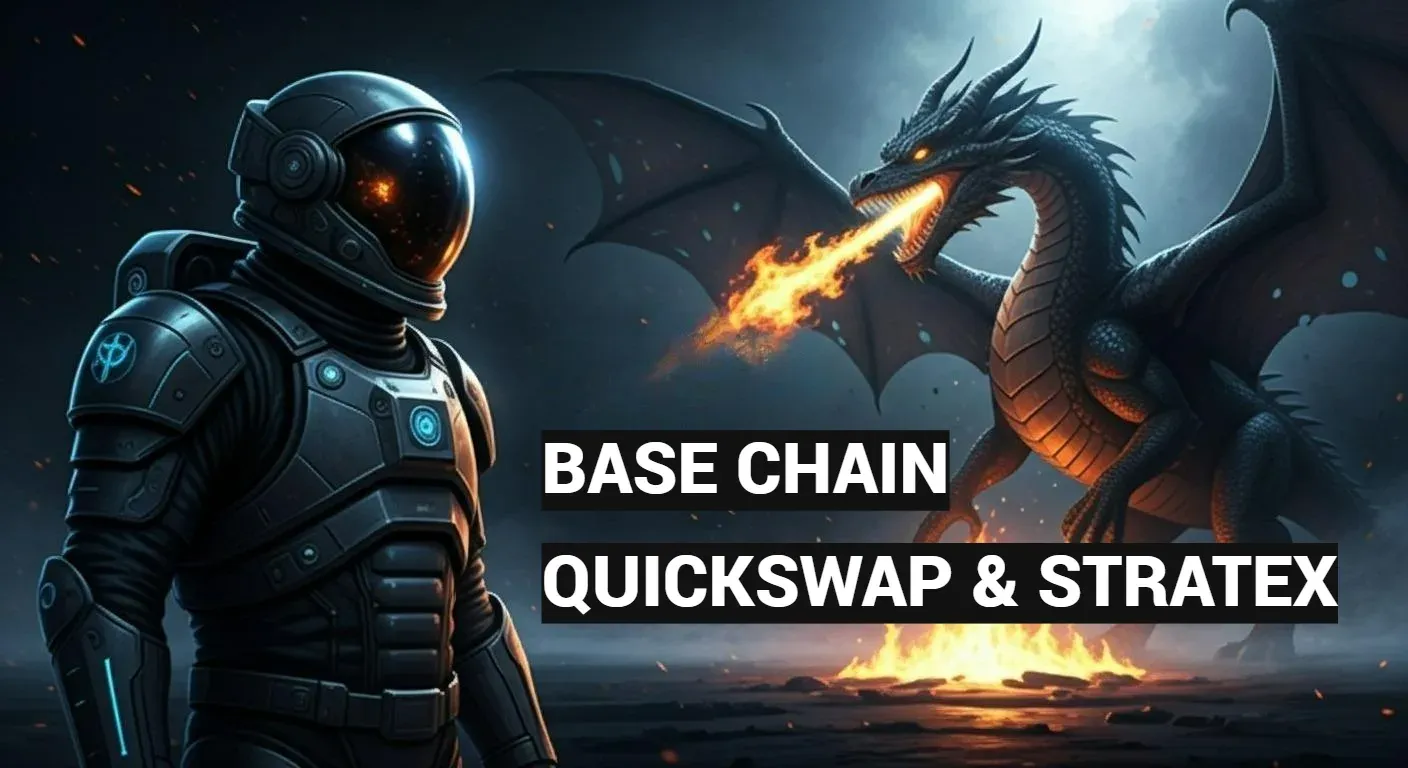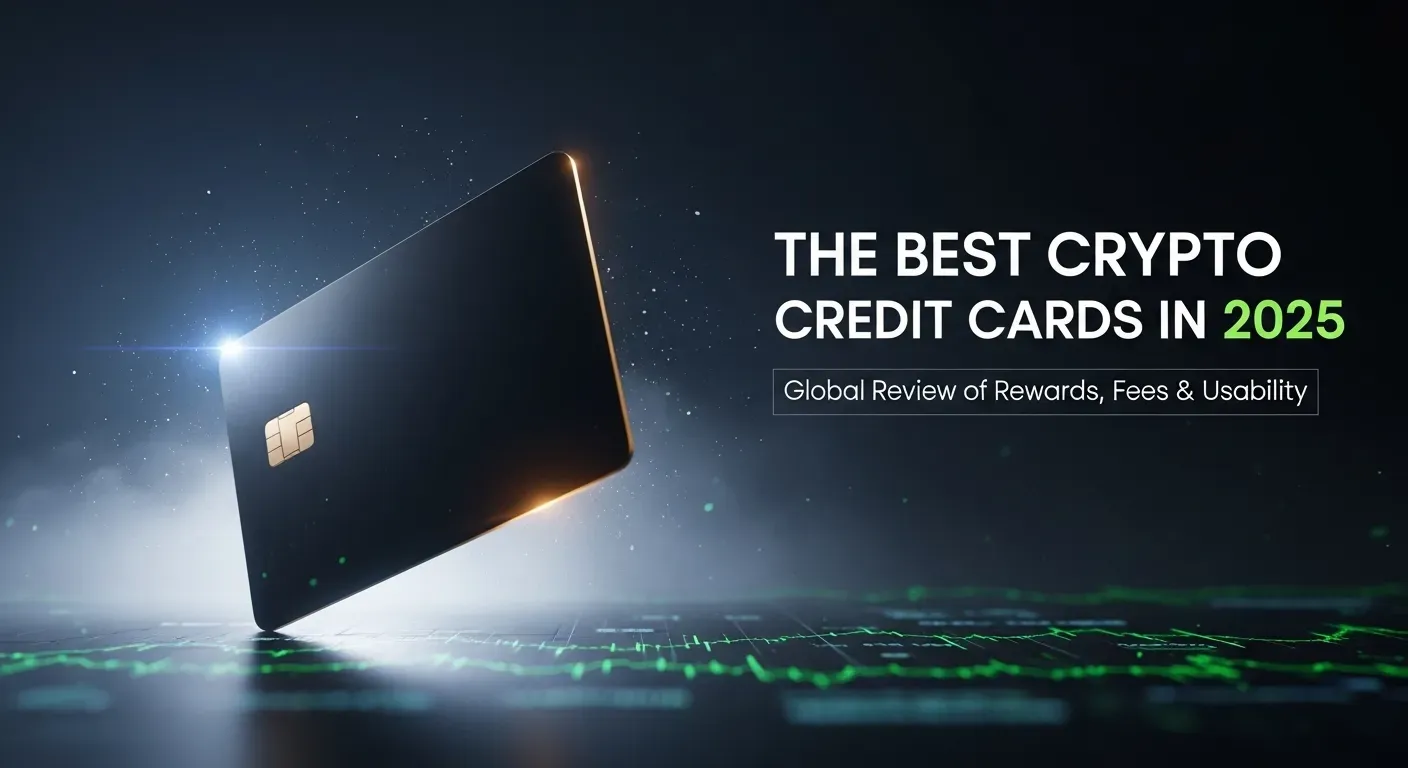Understanding NFTs: Use Cases and Benefits
NFTs (Non-Fungible Tokens) have taken the digital world by storm, offering unique opportunities for creators and collectors. From digital art to virtual real estate, NFTs are revolutionizing various industries. This article explores what NFTs are, their diverse use cases, and the benefits they offer.
What are NFTs?
NFTs, or Non-Fungible Tokens, are unique digital assets that represent ownership of a specific item or piece of content. Unlike cryptocurrencies such as Bitcoin or Ethereum, which are fungible and can be exchanged on a one-to-one basis, NFTs are one-of-a-kind and cannot be exchanged on a like-for-like basis.
How NFTs Differ from Cryptocurrencies
While cryptocurrencies are used as digital money, NFTs are used to represent ownership or proof of authenticity of digital items, making each token distinct.
Brief History of NFTs
The concept of NFTs emerged with the development of blockchain technology. The first significant use of NFTs was seen with CryptoKitties, a blockchain-based game that allowed users to buy, sell, and breed unique virtual cats. Since then, NFTs have expanded into various sectors.
How NFTs Work
NFTs operate on blockchain technology, ensuring transparency, security, and immutability.
Explanation of Blockchain Technology
Blockchain is a decentralized ledger that records transactions across multiple computers. It provides a secure way to verify and transfer ownership of digital assets.
The Role of Smart Contracts
Smart contracts are self-executing contracts with the terms of the agreement directly written into code. They automate the process of transferring ownership and verifying authenticity of NFTs.
Popular NFT Standards
- ERC-721: The first standard for representing non-fungible digital assets on the Ethereum blockchain.
- ERC-1155: A multi-token standard that allows for the creation of fungible and non-fungible tokens within the same contract.
Use Cases of NFTs
NFTs have a wide range of applications across various industries:
Digital Art and Collectibles
NFTs enable artists to tokenize their work, providing proof of ownership and authenticity. Collectors can buy, sell, and trade digital art on NFT marketplaces.
Example: Beeple’s digital artwork "Everydays: The First 5000 Days" sold for $69 million at Christie’s auction.
Music and Entertainment
Musicians can release exclusive content as NFTs, allowing fans to purchase and own unique pieces of music or concert tickets.
Example: Kings of Leon released their album "When You See Yourself" as an NFT, offering exclusive perks to buyers.
Gaming and Virtual Worlds
In-game items, characters, and virtual real estate can be tokenized as NFTs, allowing players to own, trade, and sell their digital assets.
Example: In the game Axie Infinity, players can own and trade digital pets called Axies, which are represented as NFTs.
Real Estate and Virtual Property
NFTs can represent ownership of virtual land and properties in digital worlds, as well as tokenize real-world real estate.
Example: Decentraland is a virtual world where users can buy, sell, and develop land parcels as NFTs.
Fashion and Luxury Goods
Brands can create digital twins of physical products as NFTs, providing proof of authenticity and ownership for luxury items.
Example: Gucci has launched virtual sneakers that can be bought, worn, and traded in digital environments.
Identity and Certification
NFTs can be used for identity verification and certification of documents, ensuring authenticity and reducing fraud.
Example: MIT has issued diplomas as NFTs, providing graduates with verifiable digital credentials.
Tickets and Access
Event organizers can issue tickets as NFTs, offering a secure and tamper-proof way to sell and distribute event passes.
Example: Some sports teams are exploring the use of NFTs for season tickets and exclusive access passes.
Benefits of NFTs
NFTs offer several advantages to creators, collectors, and businesses:
Ownership and Provenance
NFTs provide clear proof of ownership and provenance, ensuring that buyers can verify the authenticity and history of digital assets.
Interoperability and Programmability
NFTs can be programmed with various functionalities and used across different platforms and applications, enhancing their versatility.
Monetization Opportunities for Creators
Artists, musicians, and content creators can monetize their work directly through NFT sales, earning royalties from secondary market transactions.
Example: An artist can set up a smart contract to receive a percentage of sales every time their NFT is resold.
Enhanced User Engagement
NFTs can create unique and engaging experiences for users, offering exclusive content, perks, and interactive opportunities.
Example: Fans can buy limited edition NFTs that grant them access to private virtual events or interactions with their favorite creators.
New Revenue Streams for Businesses
Businesses can explore new revenue streams by tokenizing products, services, and experiences, tapping into the growing NFT market.
Example: Fashion brands can sell digital versions of their products as NFTs, creating a new market for virtual fashion.
How to Get Started with NFTs
Entering the world of NFTs requires a few key steps:
Choosing an NFT Marketplace
Select a reputable NFT marketplace where you can buy, sell, and mint NFTs. Popular platforms include Rarible and Foundation.
Setting Up a Digital Wallet
Create a digital wallet to store your NFTs and cryptocurrencies. MetaMask and Trust Wallet are popular choices.
Buying and Selling NFTs
Browse the marketplace, place bids, or buy NFTs directly. To sell, list your NFTs on the platform and set your desired price.
Creating and Minting Your Own NFTs
Use the marketplace tools to create and mint your own NFTs. Upload your digital file, set the terms of your smart contract, and mint the token.
Risks and Considerations
While NFTs offer exciting opportunities, there are risks to be aware of:
Market Volatility
The value of NFTs can fluctuate significantly, and investments may not always yield returns.
Security and Fraud
NFTs can be subject to hacking and fraud. Ensure you use secure platforms and wallets.
Environmental Concerns
The energy consumption of blockchain networks, particularly Ethereum, has raised environmental concerns due to the carbon footprint of mining and transactions.
Example: Some artists and platforms are exploring more sustainable blockchain options, such as Ethereum 2.0 and Tezos.
Conclusion
NFTs have opened up a world of possibilities for digital ownership and monetization. By understanding the use cases, benefits, and how to get started, you can explore and engage with NFTs confidently. Stay informed, do your research, and embrace the future of digital assets.













Discussion